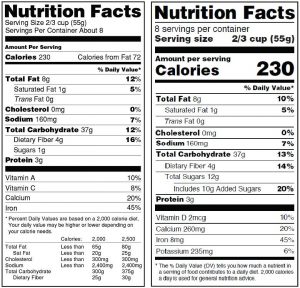Did you know there is a Nutrition Clinic specifically for Penn State students at the Student Health Center? Here is what students are saying about it:
“I found that the dietitian offered information that was useful and effective for me.”
“I liked the recommendations she made to improve my health in a way that I would be able to keep up with.”
“Thoroughly enjoyed my visit. ”
Check out our inviting space and become a champion of your health! A Registered Dietitian will meet with you to discuss your goals and personal health needs. These needs may include, but are not limited to, digestive disorders, disordered eating, vegan or vegetarian diets, general health and wellness, weight management, nutrition and exercise, and diabetes. Make an appointment online through myUHS or call 814-863-0461. There is no cost for this service.

